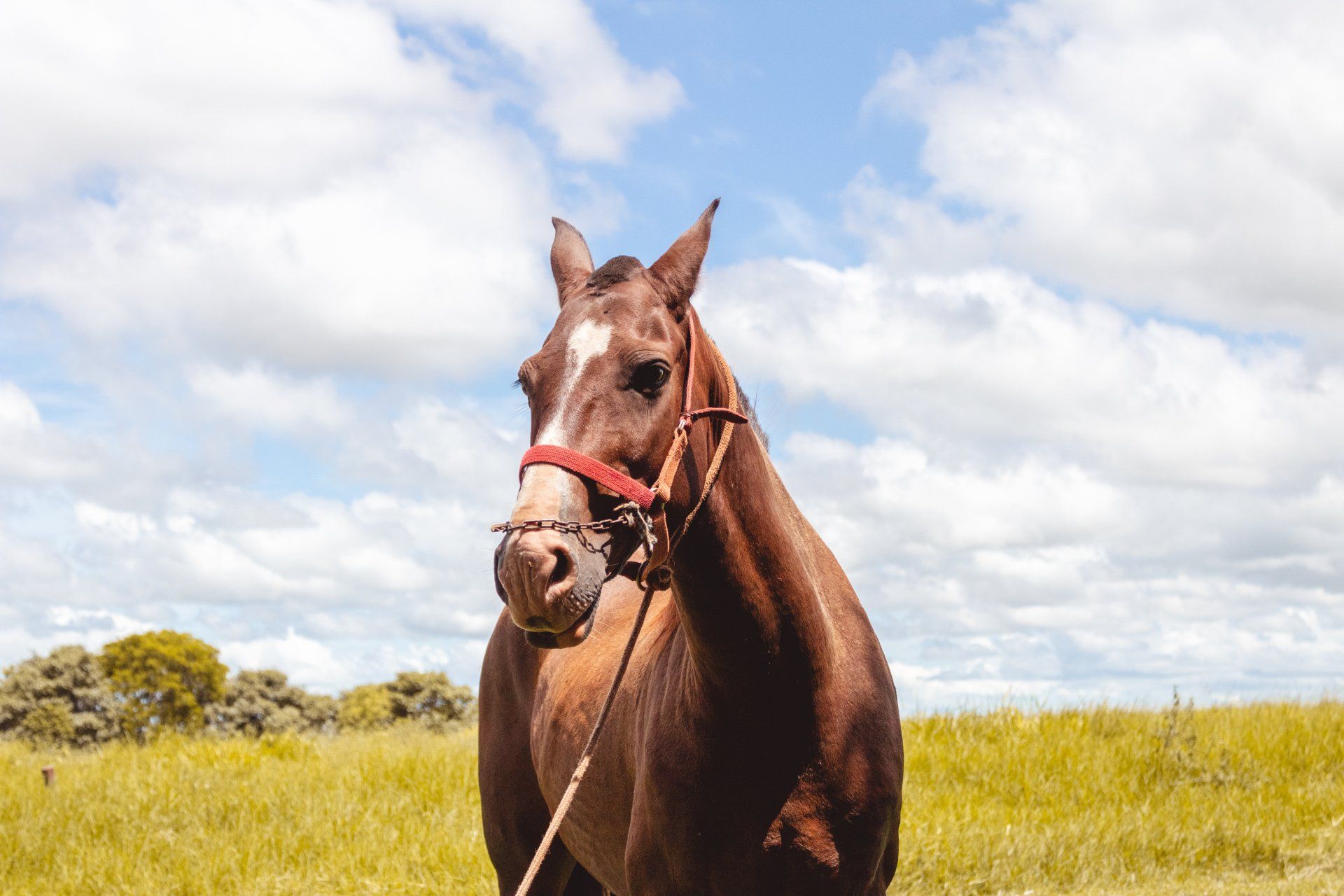Cold Weather Tips for Pets
Veterinary Wellness Partners • January 2, 2014
Cold Weather Tips for Pets
Veterinary Wellness Partners
Thu, 01/02/2014 - 12:56pm
COLD WEATHER TIPS FOR PETS
When the weather turns cold, our pets can be at risk for additional cold weather related issues. Here are some practical guidelines to keep your pet safe during this cold weather in Northeast Ohio.
- It is best to keep pets indoors. Now is a good time to consider moving all cats to an indoor area. If that is not possible, make certain that he/she has adequate shelter from the snow, wind and cold. An enclosed building or garage (without cars (see below)) can provide additional insulation from the cold and wind. Adding a heat lamp or a small “cat house” is even better.
- Heat lamps can be used to help keep certain areas warm. Keep in mind, that these may increase the risk of fire, so be very cautious when choosing this as an option. These should not be used in very small spaces.
- Always bang on the hood of your car prior to starting it up. Outdoor cats love to climb up under the hood of a car after it is done running. If the cat is there when you start the cat, they can be severely injured or killed.
- It is a good idea to keep your dog on a leash at all times when you are outside. This is even more important in the cold, especially when snow and ice are involved. More dogs are lost during the winter months than any other season. We think this is due to the fact that dogs can easily lose their scent (scent trails) since these routes are covered over with the ice and snow.
- We recommend that all pets receive an RFID microchip, such as the Home Again microchip system. At minimum, all pets should have updated and easy to read pet ID tags.
- Wipe your dog down thoroughly after they have been outside. The paws are a very important area to clean, as ice and snow easily clings to the hair on the bottom of the feet. This can lead to frostbite. You should also wipe down the bottom of your dog’s abdomen (stomach) to remove snow, ice and any possible chemical residues (salt, antifreeze, and other potentially harmful substances)
- It may be too late for this tip, but we do not recommend shaving your pet’s hair coat short in the winter. This may be obvious, but the hair coat is their thermal protection against the bitter cold that we tend to see in Orrville, Wooster, Rittman and the surrounding areas.
- If you own a dog or cat that has naturally short hair, consider getting them a sweater or coat to help keep him/ her warm.
- Do not leave your pet inside a car. The inside temperatures in a car can drop rapidly, resulting in an animal freezing to death. Pets that are left inside a running vehicle could potentially inhale fumes from the exhaust, or even put the vehicle into motion.
- Just like infants, puppies are not as good at thermoregulation as adult dogs. If your puppy seems to be sensitive to the extreme cold, you may opt to paper train indoors.
- Older pets are also more sensitive to the cold. If you have an elderly pet, let them outside only to relieve themselves, allowing them to return inside as quickly as possible.
- Oftentimes, we do not consider the indoor environment of your pet. It is best to keep pets off of direct contact with the floors. Make sure to locate pet beds away from doors, vents and other drafty areas.
- Double and triple check that you vehicle is not leaking antifreeze. Unfortunately, antifreeze is very sweet in taste, yet highly lethal.

Not all pets can swim – carefully monitor your pet near water until you are sure that he or she can swim without sinking. Xylitol is a sugar substitute commonly found in chewing gum and can be deadly to pets. This chemical is especially dangerous because it is sweet-smelling and tasting. Be sure to keep pets away from purses or contents of pockets, candy baskets, etc. Know your pet’s normal temperature, pulse and breathing rate; gum and inner eyelid membrane color should normally be a healthy pink hue. Take a picture of yourself with your pet for purposes of identification. This way, if your pet is lost or stolen, you can prove that the pet is yours. Never feed your pet chocolate, moldy cheese, onions, raisins, or grapes, as these are poisonous. Many common houseplants (poinsettia, varieties of philodendron) are poisonous to your pet. Keep a pet emergency first aid kit handy, complete with emergency phone numbers for your veterinarian and local 24 hour emergency facility. Think ahead and have an evacuation plan in case of emergency. Do you know which local hotels accept pets? Make sure your pet has an ID tag or microchip – especially when travelling. Never give your pet human medication unless it is prescribed specifically by your veterinarian. Carry an extra leash in your car to use as a collar/lead or muzzle. Watch your pet closely when mulching or gardening, as cocoa-scented mulch can be harmful to dogs if ingested. Never leave your pet in a parked car.

The FDA announced a recall of certain pet foods from Sportmix Brand. These foods contain high levels of aflatoxin, a mold that typically grows on corn. This is in response to 28 deaths and 8 sick patients as of 12/31/2020. Pet owners who have purchased Sportmix pet food products should be aware that this brand is linked to the fatalities. The pet food in question was manufactured by Midwestern Pet Foods. According to the FDA's release, aflatoxin is "a toxin produced by the mold Aspergillus flavus which can grow on corn and other grains used as ingredients in pet food." In high levels, it can cause harm to pets. Clinical signs and sympotms include: sluggishness, loss of appetite, vomiting, jaundice, and diarrhea. In some cases, it can cause liver damage and can even be fatal. If you happen to have any Sportmix pet food in your possession, the FDA suggests not feeding it to your pets and consulting a veterinarian if they've ingested it recently. In the organization's recall, they wrote that their investigation is ongoing and that as more information is available, they will update their post. Affected products iclude: (copied from the FDA website) The list of recalled dry pet food products announced by Midwestern Pet Food, Inc. on December 30, 2020 is: Sportmix Energy Plus, 50 lb. bag Exp 03/02/22/05/L2 Exp 03/02/22/05/L3 Exp 03/03/22/05/L2 Sportmix Energy Plus, 44 lb. bag Exp 03/02/22/05/L3 Sportmix Premium High Energy, 50 lb. bag Exp 03/03/22/05/L3 Sportmix Premium High Energy, 44 lb. bag Exp 03/03/22/05/L3 Sportmix Original Cat, 31 lb. bag Exp 03/03/22/05/L3 Sportmix Original Cat, 15 lb. bag Exp 03/03/22/05/L2 Exp 03/03/22/05/L3 Lot code information may be found on the back of bag and will appear in a three-line code, with the top line in format “EXP 03/03/22/05/L#/B###/HH:MM” Veterinary Wellness Partners recommends the following companies for pet foods, as these companies have higher certification levels and higher quality control measures than some of the smaller companies: IAMS/ EUKANUBA ROYAL CANIN PURINA Hill's/ SCIENCE DIET Article written and published by Dr. Jeffrey R. Fink

With the continuing COVID-19 situation across the country, many veterinary clinics continue to provide curbside care to their clients and patients. Veterinary Wellness Partners, including our four clinics, are continuing with this same curbside care for the foreseeable short-term future. What is Curbside Care? Curbside care is the term used to describe the process that we use to accommodate the social distancing guidelines by having clients wait in the parking lot. We still perform a complete examination and discuss findings and recommendations with each client. How does curbside care work? Upon arrival at one of our clinics, clients are to call the front desk. We ask that all dogs are on leashes and all cats are in carriers, as they could easily get away if not properly placed in a carrier. We also request that clients wear a mask while interacting with our staff. Once the front offices checks your pet in, a medical team member will come out to the vehicle to bring your pet into the clinic. A valid cellphone number will be obtained, so as to allow for communication from the veterinary staff to the clients. A history will be taken either over the phone or discussed at the vehicle. Once your pet has been escorted into the clinic, he/ she will be weighed and then will have a complete physical examination. Following the physical examination, you will be called by the attending veterinarian to discuss our findings, as well as to go over our suggested treatment plan. At the end of the follow-up phone calls, clients will be placed on hold. This will allow the front office staff to discuss payment. A check can be written and given to the team member that returns your pet to the car, or a credit card number can be obtained over the phone. How long will curbside care last? We do not know the end date to this system at this time. We are monitoring the COVID-19 situation and recommendations given by the federal government, as well as the government of the state of Ohio. In addition, we take the safety and concern of our staff into consideration. Our staff members are our greatest aspect of our clinics and we need them to be comfortable and relaxed as we proceed going forward. We have had some client feedback and requests for clients to be allowed into the clinics. We will continue to listen to feedback. Some of the challenges of the social distancing protocols centers around the limited spacing in the examination rooms. With many examination rooms being too small to allow the proper 6 feet of distancing with three to four people in the rooms (one client, the doctor, and a support staff are general required for each examination). Veterinary Wellness Partners want to thank everybody for their understanding. We have had 100% compliance with clients. There have been very few client complaints and a lot of compliments as to how this process is going. We continue to be thankful to be able to provide the best care to our patients and their families!
March Bovine Health
February Bovine Health
Small Ruminant Wellness Plan
Veterinary Wellness Partners
Mon, 02/24/2020 - 11:25am
OVC Small Ruminant Wellness Plan
The small ruminant wellness plan (SRWP) is an all-inclusive program for sheep and goat owners. The goal of SRWP is to provide excellent quality of care for sheep and goats and provide owners with the resources to develop and improve the management of their animals. The plan includes at least one annual visit designated to discuss farm-specific management topics of the owner’s choosing. Topics include: parasitism, vaccinations, nutrition, and reproduction. SRWP members will also have open access to phone consultation with a veterinarian.
When first signing up for SRWP, owners will also receive a packet with basic management tips and resources. Other benefits of membership include discounted services. Fecal exams are 50% off. Other procedures including castration, disbudding and dehorning are 10% off. Many diagnostics are also discounted, such as ultrasound for pregnancy, bloodwork, and autopsies are 20% off from regular price.
There is a $100 annual fee to be a SRWP member. This fee easily pays for itself after the annual management visit, which is a $200-$250 value.
We look forward to working with you on all of your sheep and goat needs.
Please contact the clinic with any questions and to enroll.
Tags
prevention
Goat
Medicine
sheep
ovine
caprine
parasites
Worms
pregnancy
veterinary consultation
vet
consult









